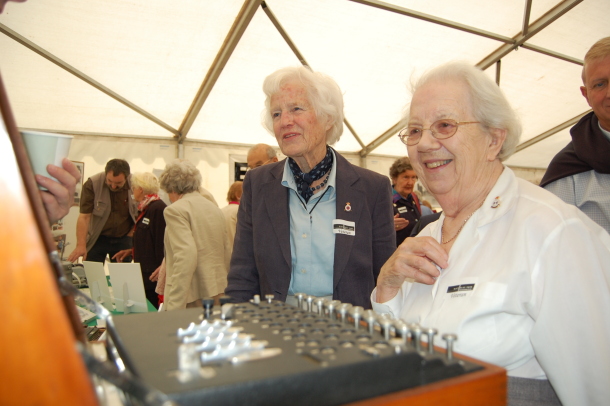The top public sector stories of 2009

NHS IT cutbacks, ID card woes and plans for Britain's digital future
Technology was a talking point in the corridors of power throughout 2009 - whether it was discussions on cutting the £14bn that Whitehall spends on IT each year or the rollout of the controversial ID cards project.
Indeed ID cards were rarely out of the headlines, starting in February with silicon.com's exclusive story the government had issued the cards without any devices capable of reading the information stored on the embedded microchips; and the announcement it would never be compulsory for UK citizens to carry a card, then the first cards being issued to UK citizens in November.
With deep cuts to public sector spending on the horizon, the Treasury committed the government to saving billions of pounds through more efficient use of IT and the Cabinet Office pledged the public sector will embrace cloud computing.
The internet became a political battleground with the publication of the Digital Britain report and the subsequent Digital Economy bill, which both contained pledges to provide broadband access to everyone in the UK and to tackle illegal online file sharing.
The government pressed ahead with plans to get communications service providers to store details of all web communications, including emails and IM conversations, despite criticism that the scheme was so complex it would be almost unworkable.
2009 also saw silicon.com land the scoop that the top man in one of Europe's largest IT departments was on the move, with this report that HM Revenue and Customs had hired a new CIO.
The £12.7bn project to revamp NHS IT suffered several knocks this year, with a threat by the Department of Health CIO to scrap systems designed to access central electronic medical records after delays to their rollout and Health Secretary Andy Burnham revealing plans to save £600m by reducing the scope of the scheme.

The WW2 codebreakers who helped crack the Nazi codes returned to Bletchley Park this year
(Photo credit: silicon.com)
Another tech setback was revealed in silicon.com's exclusive story that Transport for London had nixed plans to allow people to use mobile phones on London Underground because it would cost too much, although the later Digital Britain report said government was committed to helping get the service off the ground.
Police also revealed to silicon.com that they were progressing in developing a "PC breathalyser", software that would run on a computer and then automatically gather evidence of illegal activity.
silicon.com also took time to explore what public sector tech would look like if the Conservatives are elected to power next year.
Finally, this year was the first time the men and women who cracked the codes used by the Nazis in World War Two were publicly honoured for their work and silicon.com was there to hear their stories.